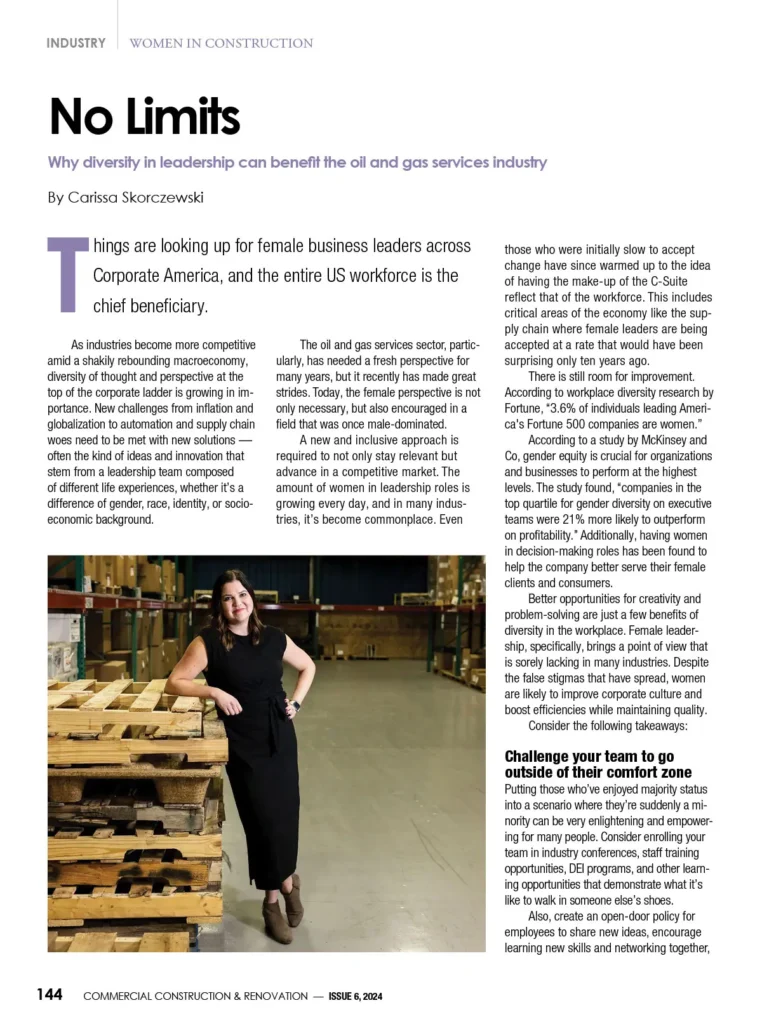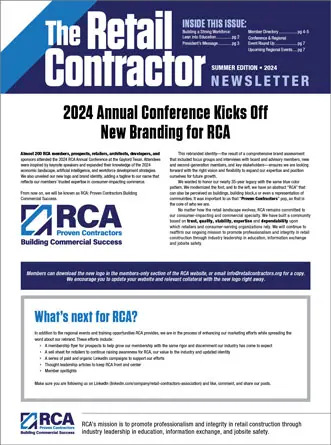In today’s fast-paced world, many parents turn to baby formula to give their infants the essential nutrients they need for healthy growth and development. The baby formula market in Europe is evolving rapidly, with new trends and innovations emerging to meet the ever-changing needs of parents. This article explores the latest trends in Europe’s baby formula market and provides valuable tips for parents looking to make informed choices for their little ones.
Introduction
As parents, we always want the best for our children, including their nutrition. Best organic baby formula has been a trusted source of nourishment for infants when breastfeeding is not an option. In Europe, the baby formula market is witnessing significant changes and advancements. Let’s dive into what’s happening in this evolving industry.
Understanding the European Baby Formula Market
Historical Perspective
Baby formula has a long history in Europe, dating back to the early 20th century. It was developed to provide a nutritious alternative for infants who could not be breastfed. Over the years, the market has grown substantially, with a wide range of options now available to cater to various needs.
Current Market Size
The European baby formula market is substantial, with a market size exceeding [provide statistics]. This growth can be attributed to several factors, including changing lifestyles, increased awareness of formula options, and the growing number of working mothers.
Key Players
Several key players dominate the European baby formula market, including Nestlé, Danone, and Abbott Laboratories. These companies continuously invest in research and development to offer innovative products to consumers.
Trends Shaping the Market
1. Organic and Clean Label Formulas
Parents are becoming increasingly conscious of the ingredients in baby formula. Organic and clean-label formulas are gaining popularity as they contain fewer additives and are perceived as healthier for infants.
2. Plant-Based Alternatives
With the rise in vegan and plant-based diets, there is a growing demand for plant-based baby formula options. These formulas are often soy or almond-based and cater to families with specific dietary preferences.
3. Personalization and Customization
Advancements in technology are allowing parents to personalize baby formula to meet their child’s specific needs. Customization can include adjusting nutrient levels or addressing allergies and sensitivities.
4. Online Shopping and Subscription Services
The convenience of online shopping and subscription services transforms how parents purchase baby formula. This trend provides easy access and recurring delivery options for busy families.
5. Eco-Friendly Packaging
Sustainability is a growing concern among consumers. Many baby formula brands, such as HiPP formula, are switching to eco-friendly packaging to reduce their environmental footprint.
Tips for Choosing the Right Baby Formula
1. Consult with a Pediatrician
Before making any decisions, consult with a pediatrician who can provide guidance based on your baby’s health and nutritional needs.
2. Consider Your Baby’s Needs
Consider your baby’s dietary requirements or allergies when selecting a formula.
3. Read Labels Carefully
Thoroughly read and understand the labels on baby formula containers. This will help you make an informed choice.
4. Evaluate the Ingredients
Look for formulas with essential nutrients like DHA, ARA, and prebiotics, which benefit your baby’s development.
5. Be Mindful of Allergies
If your baby has a family history of allergies, opt for hypoallergenic formulas that are less likely to trigger allergic reactions.
6. Price vs. Quality
While cost is a consideration, prioritize the quality and safety of the formula over price.
Safety and Regulations
1. European Standards
The European Union has strict regulations to ensure baby formula products’ safety and quality. Make sure the formula you choose complies with these standards.
2. Recall and Quality Assurance
Stay informed about recalls and quality assurance measures taken by formula manufacturers. Sign up for notifications if available.
The Future of Baby Formula in Europe
The future of the baby formula market in Europe is promising. As technology advances, we can expect even more personalized and innovative options to cater to the diverse needs of parents and their babies.
Conclusion
Choosing the right baby formula is a crucial decision for parents. The European baby formula market offers various options, from organic and plant-based to personalized formulas. By staying informed about the latest trends and consulting with healthcare professionals, you can make the best choice for your little one’s health and well-being.







 The 2024 virtual Men’s Round Table will be held Q4, 2024, date TBD.
The 2024 virtual Men’s Round Table will be held Q4, 2024, date TBD.












